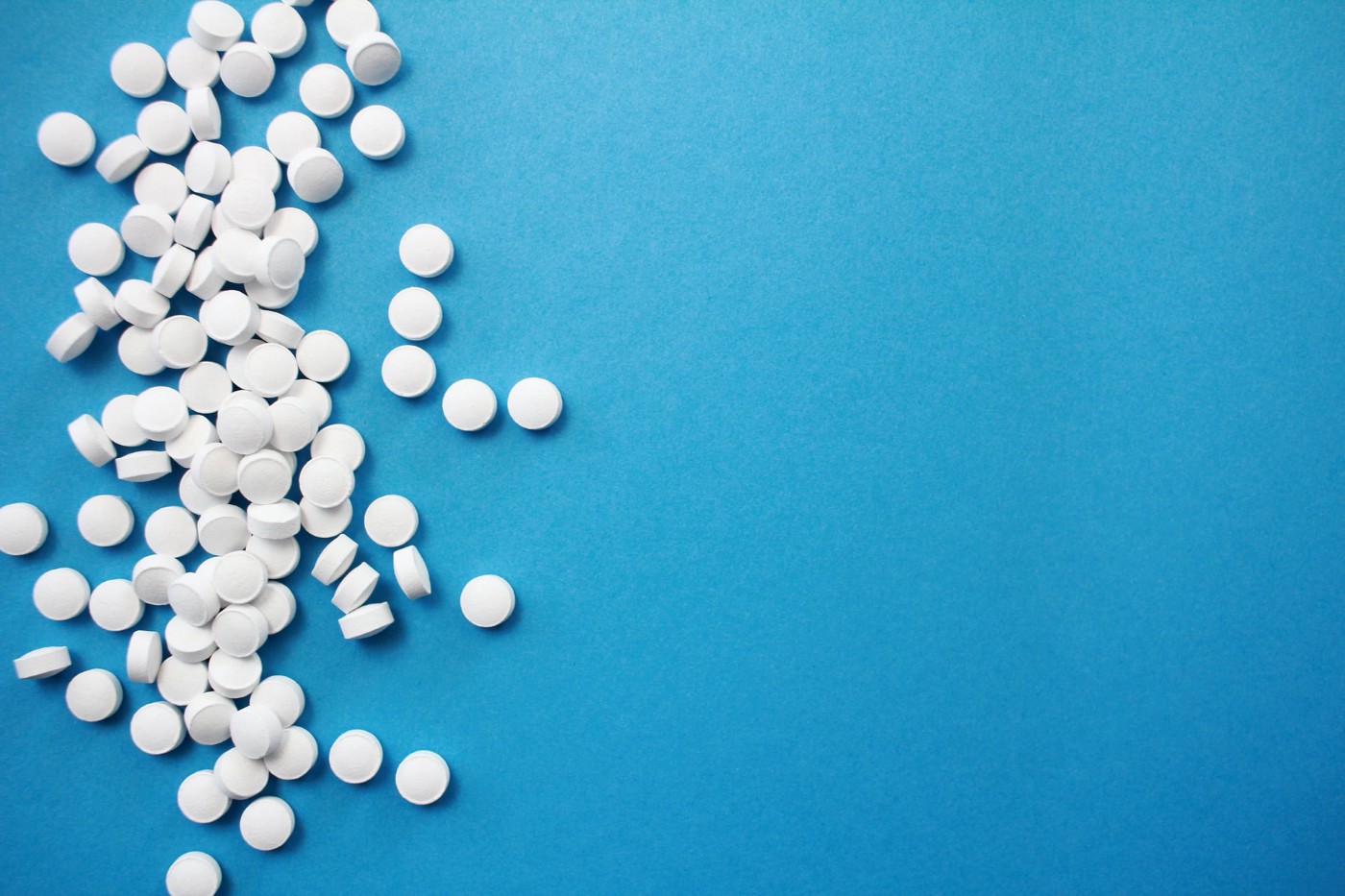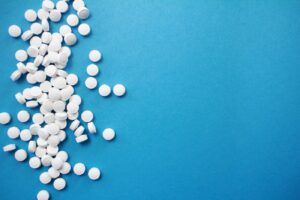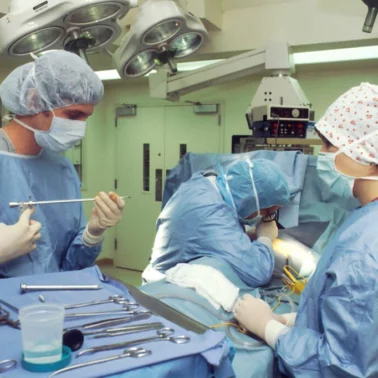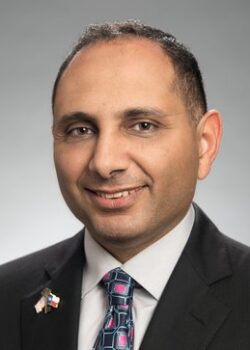Addiction vs. Dependence: What’s the Difference?

Summary
There is a significant difference between addiction and dependence. Addiction describes the disorder in behavior caused by changes in the brain from continued substance use. Alternatively, dependence refers to a psychological change that occurs in the body when it becomes “used to” certain substances after prolonged use. Both conditions should be met with understanding, compassion, and appropriate treatment.
The difference between addiction and dependence can be difficult to understand, and these terms are oftentimes used interchangeably. Both of these conditions should be met with compassion and appropriate treatment. However, there is a significant difference between the approach and treatment of individuals who are physically dependent on medications and individuals who have substance use disorder.
Addiction
The scientific construction of addiction is continually evolving and even the etymology of the word “addiction” is more complex than we know, says this 2017 study. The medical community now uses the term substance use disorder, in lieu of addiction, to describe the disorder in behavior caused by changes in the brain from continued substance use.
Substance use becomes a major preoccupation for people with substance use disorder, and they continue to use despite significant life consequences. For example, persons who have a substance use disorder with opioids (i.e. opioid use disorder), have a physical and mental reliance on substances that extends beyond combating pain or intrusive symptoms related to ailments or post surgical procedures.

Medical Dependence
Those who are physically dependent on medications differ from those who live with substance use disorder. Dependence refers to a physiological change that occurs in the body when it becomes “used to” certain substances after prolonged use. This can occur with many medications such as antidepressants, heart medications, steroids, and seizure medications. Following consistent use of these medications, the body adapts to these medications and adjusts to them being in the body. For this reason, they require slow, stepwise reductions to allow your body to readjust in these small steps. This is called a taper. On the other hand, abruptly stopping these medications all at once leads to physical symptoms as the body scrambles to readjust, and can lead to permanent disability or death in some instances.
“At Lucid Lane we understand that precision in words matters — and the consequences of getting the terms right are far from minor. Patients deserve accurate diagnosis and the appropriate treatment for their specific condition.”
How Lucid Lane Helps the Medication Dependent
Lucid Lane’s services focus on preventing and treating medication dependence and substance use disorder. In order to do that, it’s important to understand the difference between persons living with substance use disorder and individuals who are living with medication dependence, because the treatments are vastly different. Making this distinction is very difficult and requires specialized professionals, since confusing the two can lead to incredible suffering. For example, people with medication dependence who are misdiagnosed as having substance use disorder are often abruptly stopped off their medications and sent to rehab, instead of getting the slow taper they need. Similarly, someone with substance use disorder may get continued on medications that are dangerous for them, instead of getting the unique kind of support they need.
At Lucid Lane we understand that precision in words matters — and the consequences of getting the terms right are far from minor. Patients deserve accurate diagnosis and the appropriate treatment for their specific condition. We hope this short guide has helped you understand the differences between addiction and medication dependence, whether you’re seeking help for yourself or a loved one.
Learn More
Get in touch with us.
Contact us at [email protected]






























